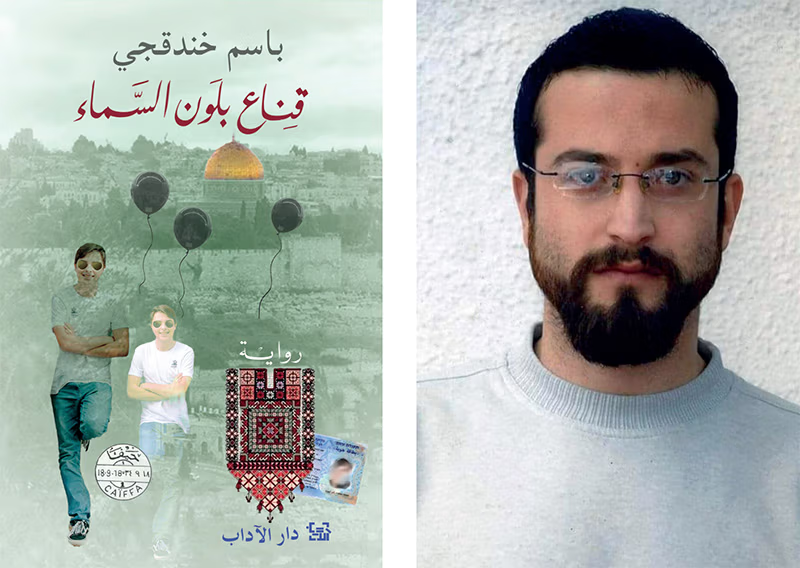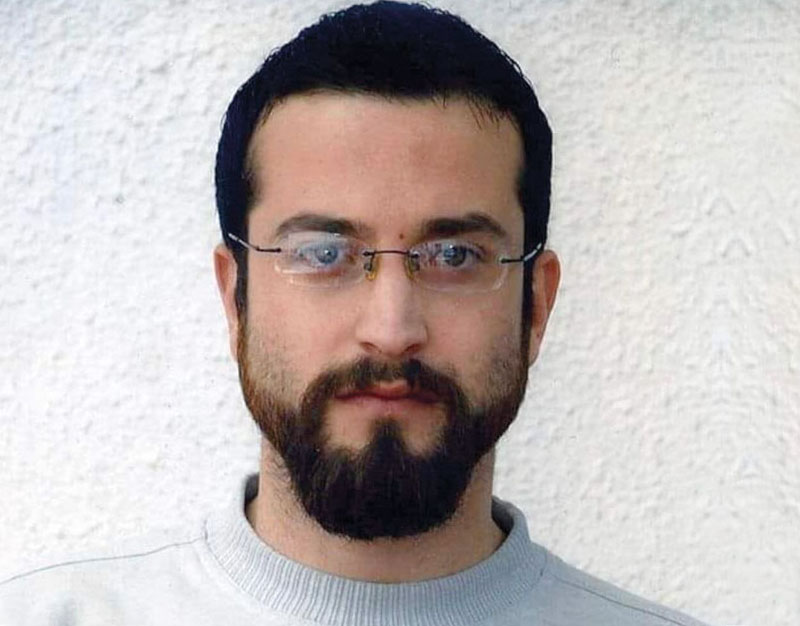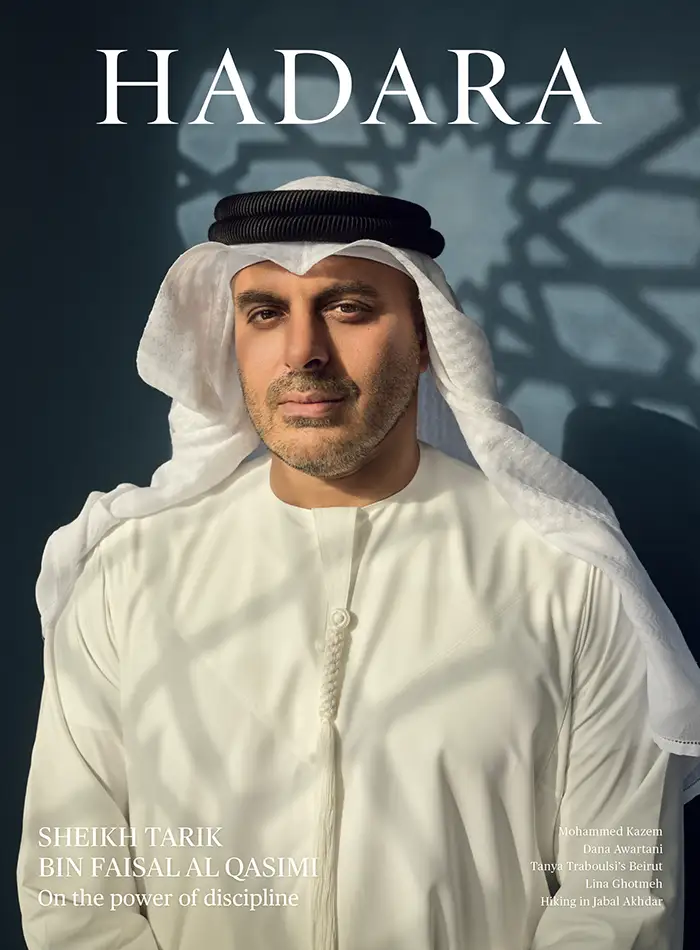An identity in fragments
Imprisoned in Israel, Palestinian writer Basim Khandaqji wins the prestigious International Prize for Arabic Fiction for his fourth novel.
By Marcia Lynx Qualey

When organisers announced the winner of this year’s International Prize for Arabic Fiction, the dozens of authors, publishers, and journalists who had gathered for the ceremony leapt to their feet in a moment of shared grief and joy. This year, the $50,000 prize went to Palestinian writer Basim Khandaqji, who is serving three consecutive life sentences in an Israeli prison. The author’s brother was one of the few who stayed in his seat, overcome by tears.
It is unclear when the author himself might learn of his win. According to his brother, Khandaqji was put into solitary confinement after he was shortlisted for the Abu Dhabi-based prize.
Khandaqji has been writing as steadily as possible since his arrest in 2004, at the age of 21. His IPAF-winning novel, A Mask, the Colour of the Sky, was his fourth—and his first to win a major award. This story of masks and doubles follows Nur, a Palestinian archaeologist living in a refugee camp near Ramallah, who stumbles across a sky-coloured Israeli ID. Driven by his desire to join an archaeological dig, which he believes will help him write a historical novel about Mary Magdalene, Nur uses the ID to assume a second identity as Ur. The longer Nur spends in his borrowed identity, the more deeply he feels a crisis of selfhood. This personal fragmentation stands at the heart of the novel.
Europa Editions has since announced that they will publish English and Italian translations, which are tentatively set for 2026.
Although the novel was written in about six months, Khandaqji’s brother Yusuf told IPAF organisers that the research took years. Unlike his protagonist, Khandaqji had no way of taking on a new identity or slipping out of prison. Instead, Basim slowly gathered information. Some of it was lost when officials moved him to a different prison, some when a guard destroyed his papers.
Khandaqji learned of his shortlisting only by chance. “They don’t have radios,” his brother said in an interview with the Jordanian magazine 7iber. “But on the second day [after his shortlisting], the Hebrew media launched an incitement campaign against him, and so the prison administration decided to isolate him and impose a fine, because they said he smuggled the pages out of prison, even though the novel came out in full view of the administration, through the mail.”
According to a 2022 report from the UN’s Office of the High Commissioner for Human Rights (OHCHR), Khandaqji has spent more than 10 years of his life in solitary confinement.
Khandaqji was one of seven men accused of planning a November 2004 bombing in a Tel Aviv market. According to the OHCHR report that details the cases against these men, Khandaqji was arrested in his home the day after the bombing. He disappeared for two months, “confessed to the charges under torture,” and was unable to communicate with a lawyer before his trial, the report said.
Despite these circumstances—and the slim possibility he will ever leave prison—Khandaqji is committed to his education, research, and writing. He is one of several Palestinian novelists serving life sentences, a group that until recently included Walid Daqqa, who died in prison, and still includes Nasser Abu Srour, whose The Tale of a Wall appeared this year in Luke Leafgren’s English translation.
As with Daqqa and Abu Srour, most of Khandaqji’s education has taken place in prison. He earned his Master’s in 2023, the same year he published A Mask, the Colour of the Sky. According to his brother, he had been preparing to enrol in a doctoral programme. In his speech at the awards ceremony, Yusuf Khandaqji spoke on behalf of his brother, saying that Basim “dedicates this victory to all the Palestinian people.”




